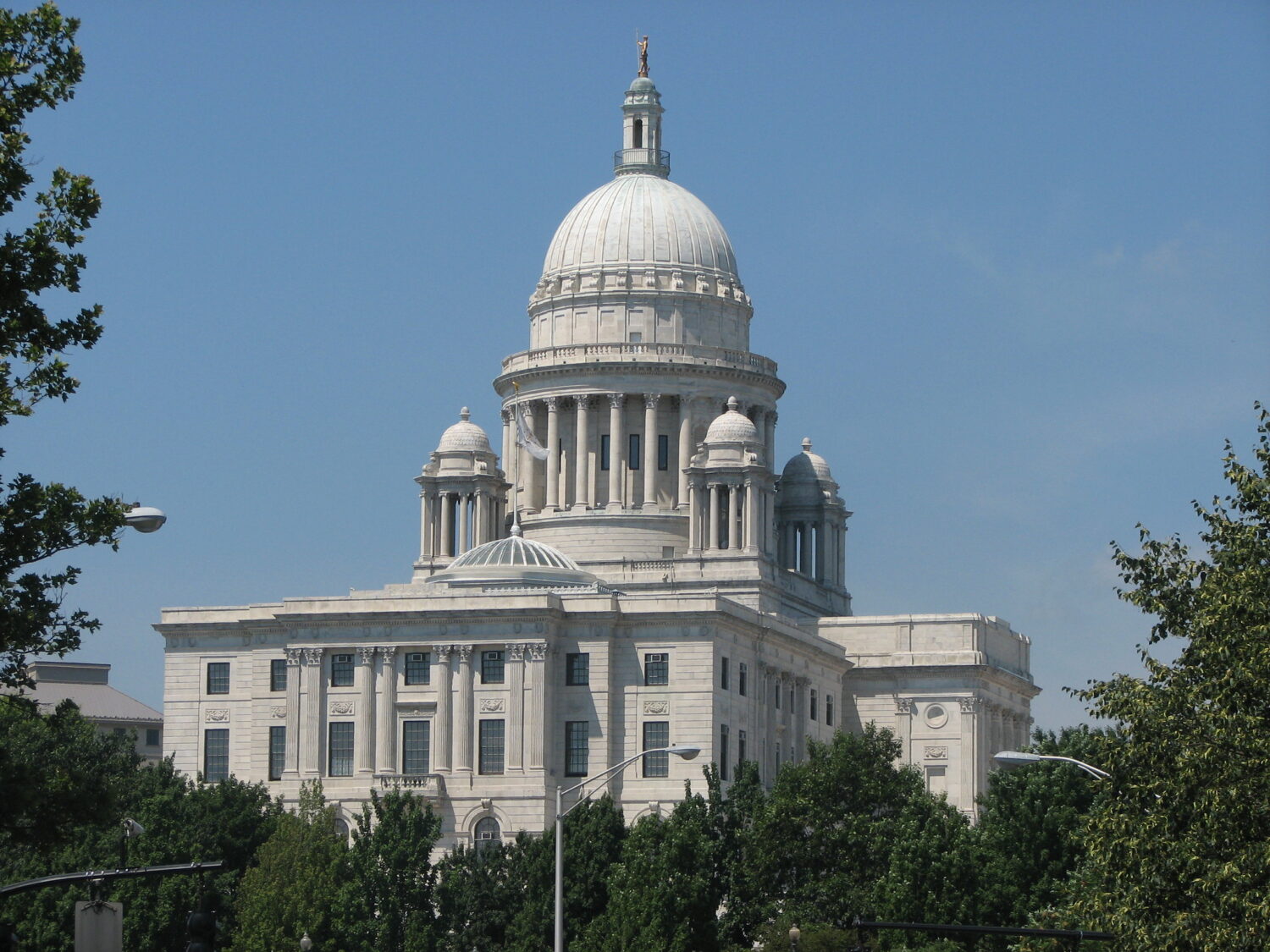The Tenth Amendment to the U.S. Constitution reads: “The powers not delegated to the United States by the Constitution, nor prohibited by it to the States, are reserved to the States respectively, or to the people.” Throughout the history of our nation, this amendment has empowered state and local governments across America to make a difference in their communities without the help of Washington.
In America’s early years, power was more concentrated in the hands of these state and local governments. Separate from the entire Union, each state could try out different political, social, and economic policies. This phenomenon is what inspired Supreme Court Justice Louis Brandeis to write in 1932 that “a single courageous state may, if its citizens choose, serve as a laboratory; and try novel social and economic experiments without risk to the rest of the country.”
In the early 20th century, no state better embodied this “laboratory of democracy” moniker than Wisconsin, which experimented with new, progressive state policies, and no person was more responsible for those policies and their legacy than Robert La Follette. A member of the Republican Party and icon of the Progressive movement, La Follette led the charge to pass policies in Wisconsin that protected workers’ rights, instituted direct primaries, protected the state’s forests, and broke up large corporations. His actions also furthered the discussion and implementation of progressive policies on the national stage, as he served multiple terms in Congress, first in the House of Representatives then in the Senate.
However, as the 20th century progressed, policy experimentation at the state level stalled. In the face of World Wars I and II and the Great Depression, it was the federal government that took up the mantle of using policies to directly better social and economic conditions, and state governments, for the most part, let the federal government do the work. From Franklin Roosevelt’s New Deal to Harry Truman’s ambitious but unsuccessful Fair Deal to Lyndon Johnson’s War on Poverty, the federal government made positive, progressive changes through nationwide action. But as they did so, the states’ traditional role as laboratories of democracy was diminished.
In modern politics, the federal government has attempted to continue this role of implementing social and economic change through federal policies, and they have done a fairly good job. During Barack Obama’s presidency, the Affordable Care Act was passed, giving millions of uninsured Americans the safety net that they truly needed. Increased regulations on Wall Street and other major corporations were passed in the wake of the Great Recession, and the Recession itself was overcome in part by stimulus packages from the federal government.
But today, the increased partisanship and vitriol has grinded progressive federal policy changes to a halt, and in some cases it has even reversed it. As a result of this Washington gridlock and inaction, everyday people’s health care has been put at risk, tax breaks have been given to the wealthiest Americans and corporations, and spending on federal programs for the lower- and middle-class Americans have plateaued.
It is during these frustrating circumstances that we now must call upon the laboratories of democracy. If the federal government is unable to pass or sufficiently implement policies that increase the welfare of the people, the onus must be on the states to pass such policies instead — both to improve the lives of their residents and to show that these policies work.
A number of more progressive states have, in the last decade or two, taken up this responsibility and have begun to implement progressive, beneficial policies. For example, the 2006 Massachusetts Health Care Reform Bill pioneered a set of considerably progressive health care reforms, including providing extremely affordable health care to nearly all of its citizens who were uninsured. This policy later served as proof when the federal government was considering the Affordable Care Act that progressive health care reform could work, and it provided the federal government with a progressive framework to build from.
Today, the state leading the charge for progressive policy experimentation is without question California. From their early legalization of medicinal and recreational marijuana to their recent announcement of plans to phase out the sale of combustion engine cars by 2035, our most populous state has stepped up and begun to act upon their progressive principles. In the fall of 2020, Gov. Gavin Newsom even signed a bill into law exploring the proposal to give reparations to the descendants of slaves, an idea often considered politically impossible by many involved with federal politics.
California provides an excellent example of a progressive laboratory of democracy, which other states should learn from — especially if the opponents of such policies continue to block them on the federal level. Progressive ideas on the national stage, from Medicare for All to the Green New Deal to many others, can be unpopular nationally, for a number of reasons. But one of the largest barriers to policy implementation — the uncertainty of their future consequences — can be removed if states prove to the nation that these policies are both workable and beneficial when tried at the state level. With statewide successes, these progressive policies become much more likely to succeed in Washington, where they could become national laws, benefiting people and securing a better future on a national level.
Image Credit: “Rhode Island State House” by thurdl01 is licensed under CC BY 2.0



